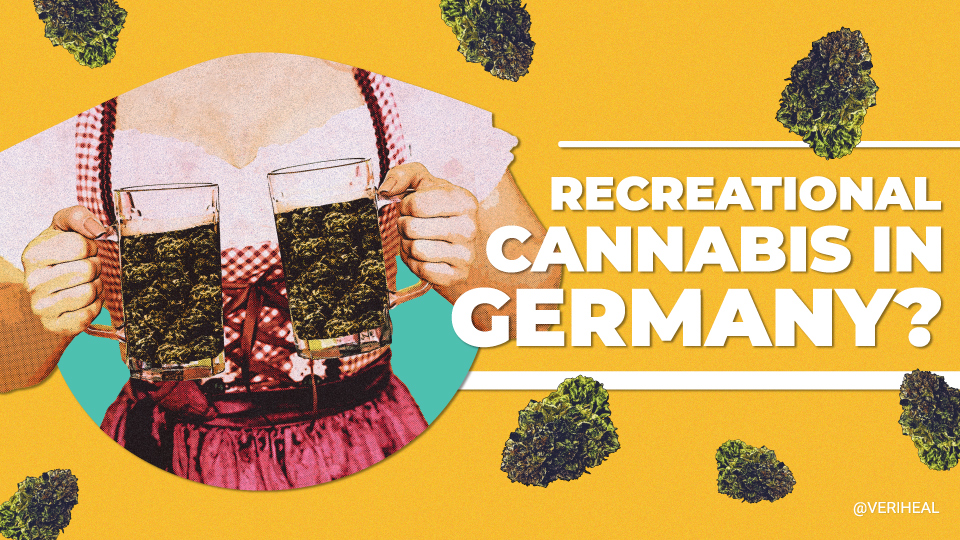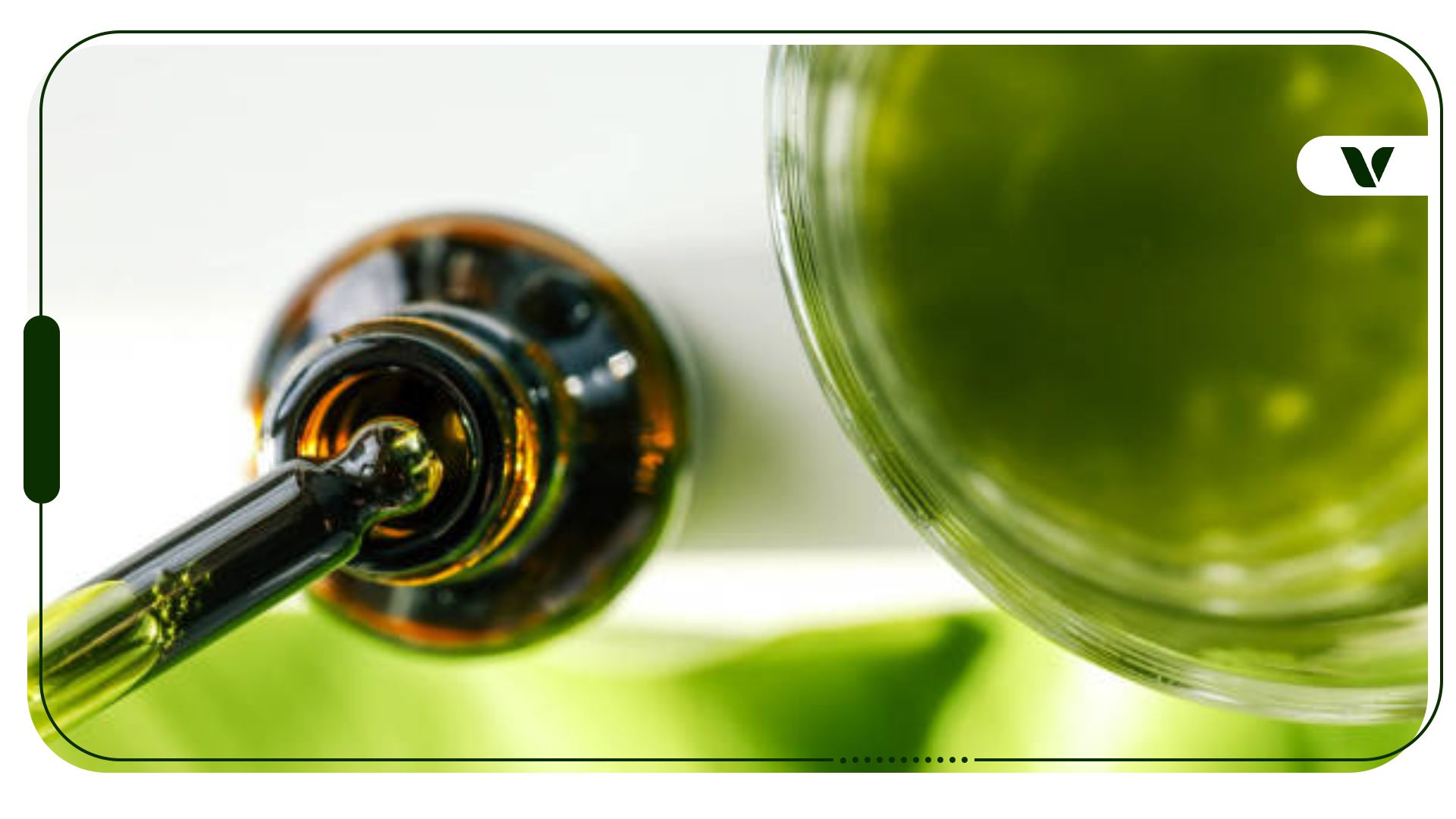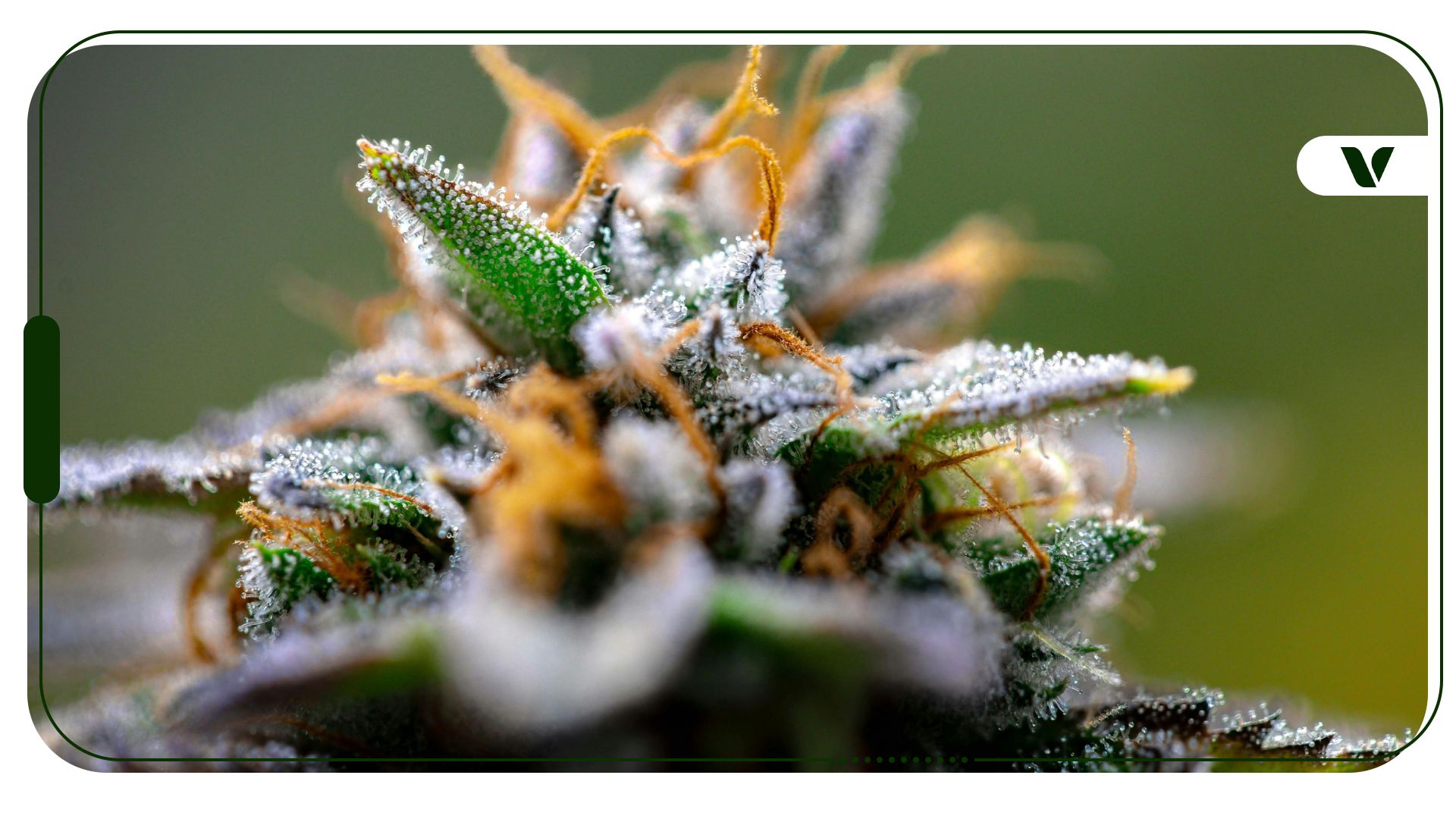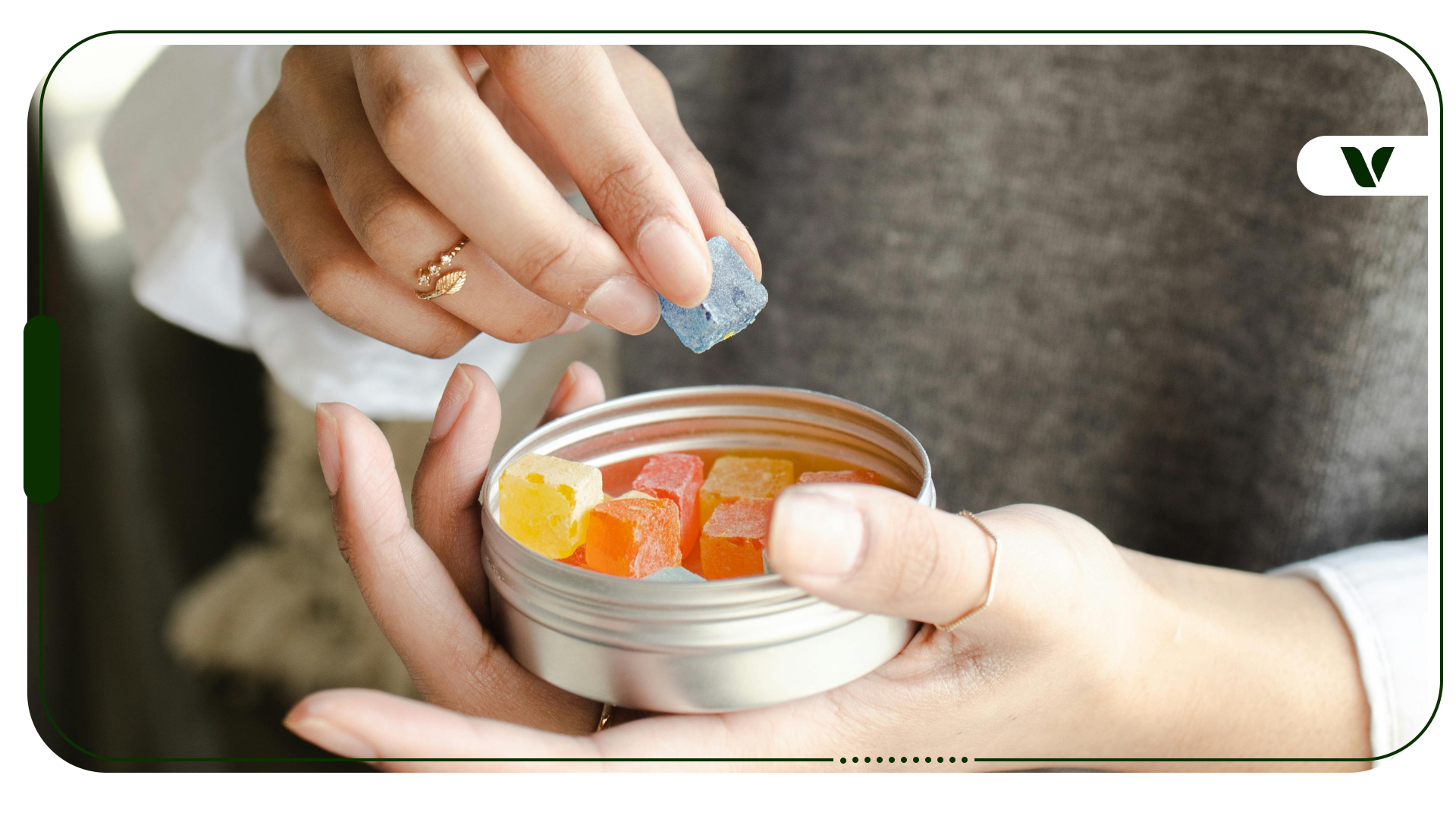Germany began crafting legalization legislation, Rob Dyrdek and DJ Diplo launched a line of cannabis-infused seltzers, and Oregon passed the first-ever synthetic cannabis ban.
Let’s dive into this week’s cannanews.
Germany Sets Cannabis Legalization Plan Into Motion
Earlier this year, Veriheal reported on the German government’s preliminary plans to legalize adult-use cannabis. Now, those plans are finally in motion, according to an announcement from the German Health Ministry (GHM).
In the announcement, the GHM stated its intentions to begin hosting its first set of expert hearings this week. The hearings will feature over 200 representatives from the medical and legal world as well as various government and international experts. The goal of the hearings is to craft legalization legislation that secures proper protections for young people and adult consumers alike.
Beyond writing up legislation, Germany has another major roadblock to deal with before legalizing cannabis. That obstacle is Germany’s continued membership in the 1961 U.N. Single Convention on Narcotic Drugs (SCND). Under the agreement, members cannot grow or traffic cannabis unless it’s for medical or scientific reasons.
Germany has two different options to get around the SCND. The first would involve going through the legal hurdles of withdrawing from the agreement, which could take up to a year. The second option would be to follow in the lead of Canada, which decided to simply ignore the convention when it legalized cannabis.
What do you think about Germany’s road to legalization? Let us know in the comments!
Rob Dyrdek and Diplo Collaborate on Line of Cannabis Seltzers
Legendary DJ Diplo and professional skateboarder Rob Dyrdek are coming together to create their own line of cannabis-infused seltzers. The new cannabis drink line is expected to launch in California under the name “Leisuretown” in the near future.
The drink contains 2.5 milligrams of THC and 5 milligrams of CBD—a dosage that Dyrdek says will “allow consumers to let loose while staying in control of their cannabis experiences.” Leisuretown will be available in three different flavors: cherry vanilla, ginger berry, and yuzu lime.
Cannabis beverages are one of the fastest-growing product categories in the industry. In fact, California alone boasted over $64 million in cannabis beverage sales in 2021—an impressive 50% increase from the state’s 2020 sales. With this in mind, it is no surprise that Diplo and Dyrdek chose California as the site of their initial launch.
Looking for more cannabis drink content? Check out our CBD drink taste test video over on our Verihigh channel.
Oregon Bans Synthetic Cannabinoids
Beginning next month, Oregon’s ban on the sale of synthetic cannabinoids in grocery stores and other retail locations will officially go into effect. When it does, Oregon will become the first state to instill this type of ban—though it is not expected to be the last.
Synthetic cannabinoids are derived from hemp and thus subject to much more limited regulations. In fact, the U.S. Court of Appeals recently ruled that synthetic cannabinoids are completely legal under federal law. Still, over a dozen states have moved forward with bans on the most popular synthetic cannabinoid, Delta-8 THC. But why?
According to the Oregon Liquor and Cannabis Commission (OLCC), the state’s overarching ban on all synthetic cannabinoids stems from safety concerns about the chemicals used to extract and convert the CBD in hemp into more potent cannabinoids. The OLCC’s worries are not unfounded either. The FDA recently issued a warning about Delta-8, noting that they had “received 104 reports of adverse events in patients who consumed delta-8 THC products between December 1, 2020, and February 28, 2022.”
Of course, not everyone is on board with the OLCC’s synthetic cannabinoid ban. Most notable among these dissenters is edible giant Wyld. The company’s general counsel, Gabe Parton Lee, bemoaned the ban because it essentially outlaws the company’s wildly successful CBN gummies.
“There are ways to regulate it and there are definitely ways that we can ensure that the end product that’s being sold is subject to enough safety testing and safety standards to ensure,” Lee told Oregon Live. Rather than an all-out ban, Lee proposed that the states should instead require best practices.
However, it should be noted that consumers will still be able to buy Wyld’s CBN gummies at OLCC-licensed retailers. Of course, the gummies and other synthetic cannabinoid products will first have to pass a rigorous safety test and receive approval from the FDA.
Author, Share & Comments









